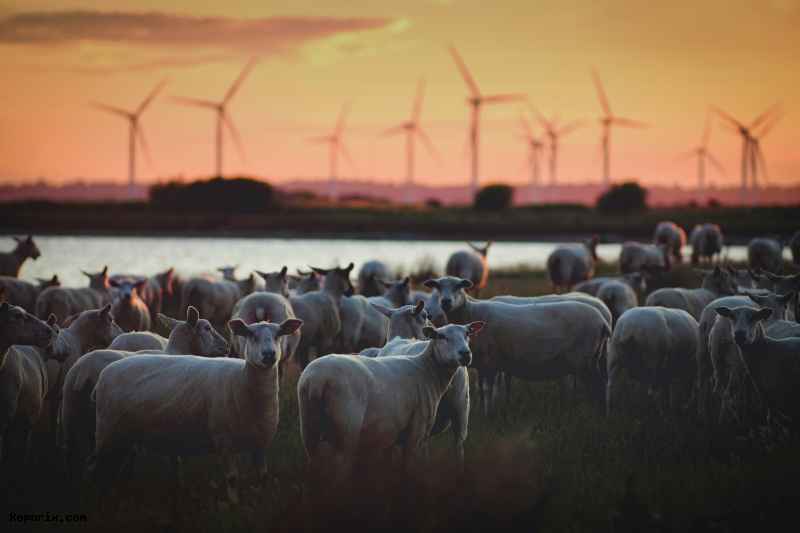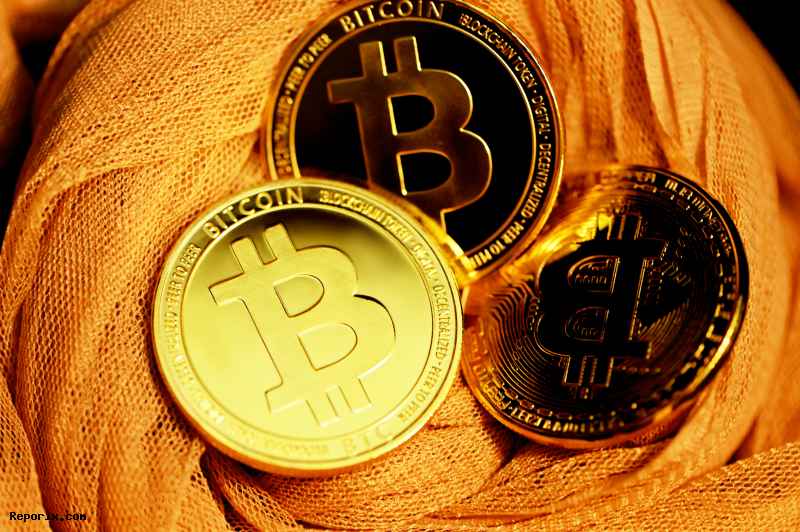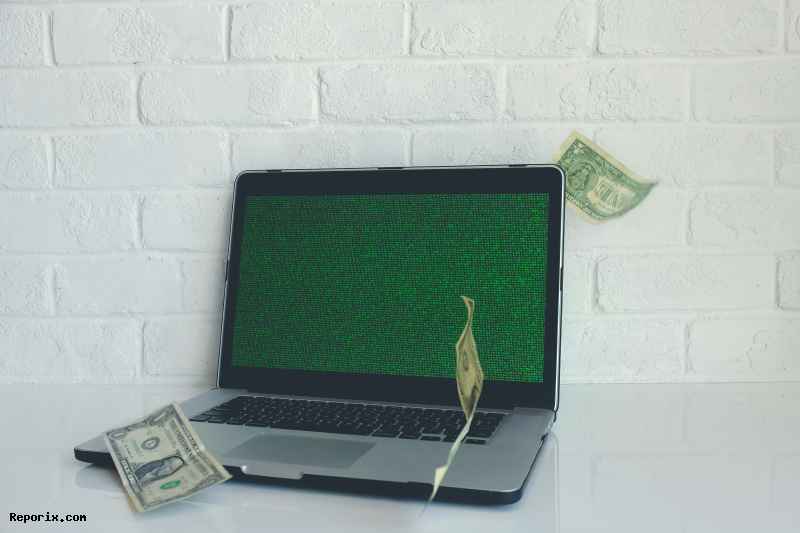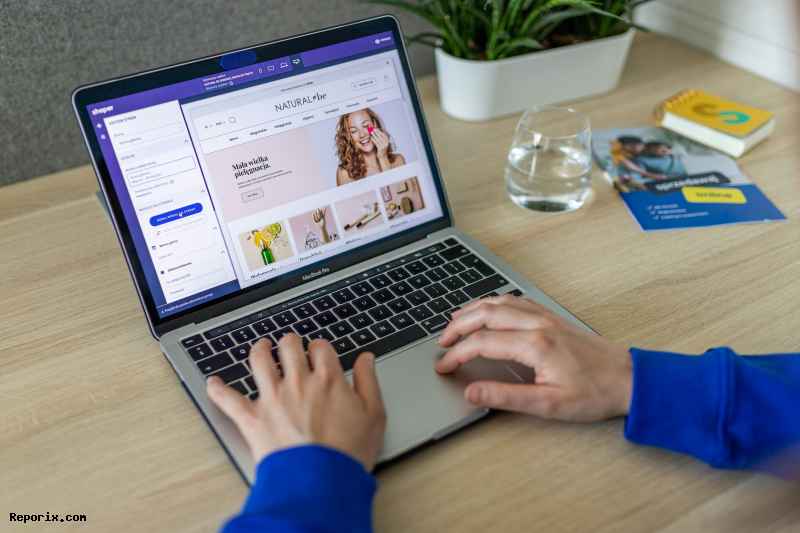Sustainability is no longer just a trend—it’s a necessity in today’s business world. More and more startups are embracing eco-friendly, socially responsible, and ethical business models that prioritize environmental protection, social justice, and long-term thinking. Sustainable startups focus on reducing carbon footprints, promoting fair wages and inclusivity, and rejecting the "profit at any cost" mentality. Examples of successful green startups include Ecosia, a search engine that plants trees; Vinted, a marketplace for secondhand fashion; Too Good To Go, an app fighting food waste; and Wildplastic, which offers recycled packaging solutions.
In 2024, some of the most promising sustainable business ideas come from sectors like zero waste and circular economy, where package-free stores, upcycled products, and refill systems are gaining popularity. Sustainable fashion is also booming, with clothing rental platforms, vegan leather alternatives made from mushrooms or pineapple, and on-demand manufacturing to reduce overproduction. Innovations in food and agriculture, such as plant-based and lab-grown meats, urban farming, and food waste upcycling, offer new ways to create impact. Clean energy and green tech startups are developing solar-powered gadgets, energy-efficient smart home solutions, and electric vehicle charging infrastructure. Additionally, eco-friendly living products like bamboo toothbrushes, compostable tableware, green coworking spaces, and sustainable travel platforms are increasingly in demand.
Launching a sustainable startup requires identifying a real environmental or social problem to solve, researching existing solutions, and improving upon them. Building a green business model involves circular product design, carbon-neutral operations, and ethical sourcing from fair trade or local suppliers. Funding can come from grants, competitions, impact investors focused on environmental, social, and governance (ESG) criteria, or crowdfunding platforms like Kickstarter. Marketing your mission effectively through transparency, authentic storytelling, and sustainability certifications such as B Corp or Climate Neutral helps build customer trust and loyalty.
While sustainable startups face challenges like higher production costs, greenwashing accusations, and regulatory hurdles, educating consumers on the long-term value, backing up claims with real data, and staying informed about laws can overcome these obstacles. Future trends in sustainable business include regenerative models that give back more than they take, blockchain technology for transparent supply chains, and AI-driven energy optimization for smarter resource management.
Ultimately, sustainable startups are not only good for the planet but also represent smart, forward-thinking business opportunities. Consumers today increasingly support brands that align with their values, making green entrepreneurship a promising path for innovation and impact.




